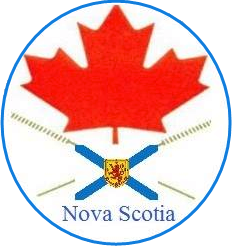We applaud the federal government for exempting GST/HST on services provided by acupuncturists.
This has come about becuase of combined efforts from Canadian Coalition of Acupuncture and TCM Associations (CCTAA), Acupuncture and TCM associations from across Canada.
30,000 signature petition collected over the years by members of the Association des Acupuncteurs du Quebec (AAQ) which proved to our Federal Government the significant improvements to patient choice and access that this GST/HST exemption would allow.
As one of the stakeholders in regards to the GST/HST-Exemption Campaign, CMAAC was invited by the Department of Finance to attend the Stakeholders’ Lock-up on Feb. 11, 2014. This event allowed CMAAC leadership to have access to the budget before it was tabled to the House of Commons. Since the event took place at the Parliament Hill in Ottawa, Ontario, it was meaningful that one of our Ontario representatives attended this event – not just on behalf of the CMAAC but also for our sister organizations and fellow colleagues across Canada. Thanks to Connie Siedule, of Ottawa who was the CMAAC representative.
The exemption was tabled and introduced with Budget 2014 and is expected to pass into law without issue. Technically the exemption is effective Feb. 12, 2014 however, we are advised to continue to collect GST/HST until we have confirmation of the bill formally passing.
We also expect further instruction from the Canada Revenue Agency to be posted to its website any day now. With regards to TCM practitioners and the exemption, we were advised to pay attention to the specific wording of the exemption which refers to ‘professional services by acupuncturists’. This means that TCM services (e.g. herbs) are not exempt – it only applies to acupuncture and acupuncturists.
We also have to see how the Canada Revenue Agency defines ‘acupuncturist’ which has a specific meaning as a protected title in provinces with TCM/A regulation.
For now, all we can suggest is that individuals seek advice from your accountant or contact the Canada Revenue Agency (CRA) on recommendations on how to prepare for this transition.
